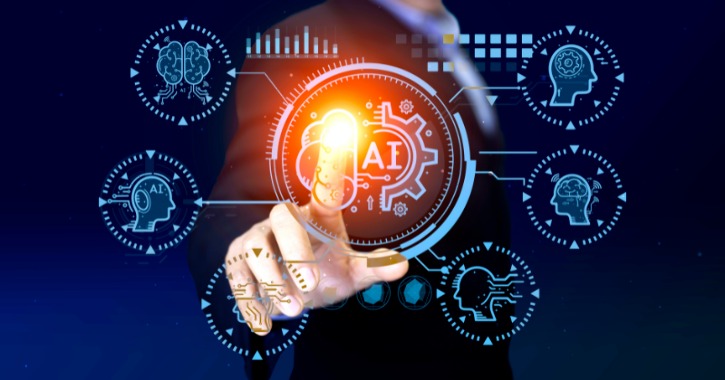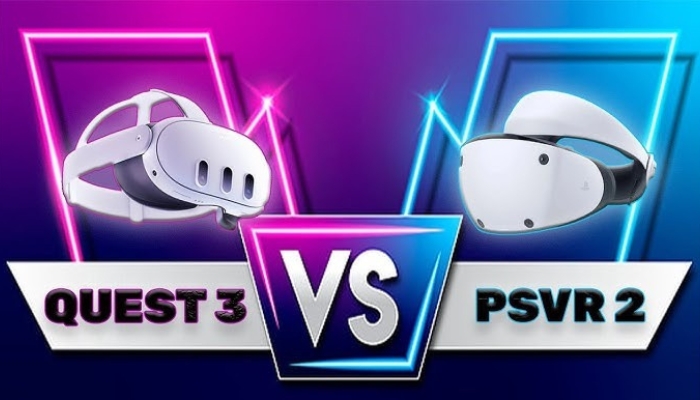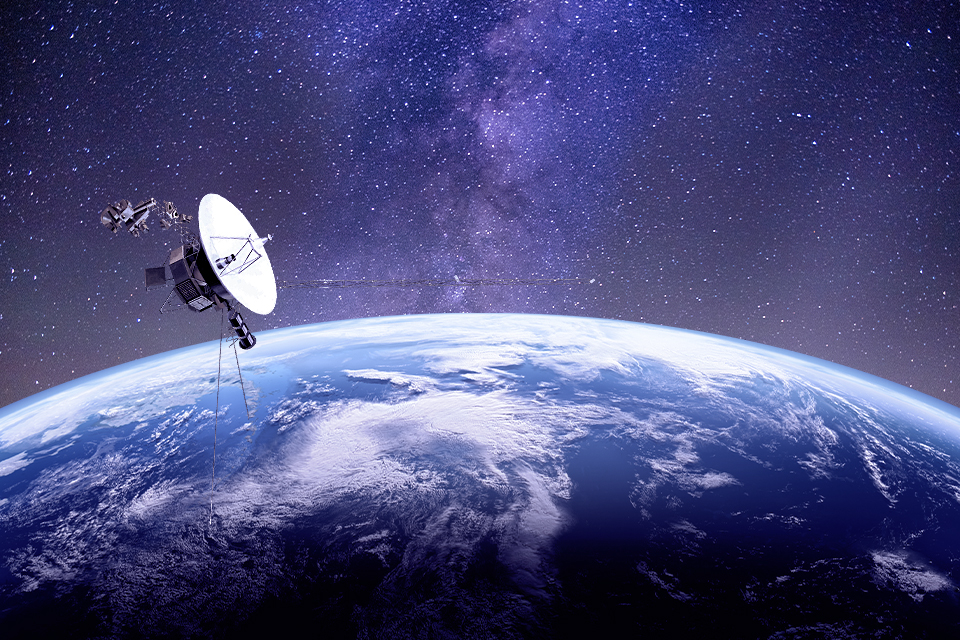
Last updated on February 22nd, 2024 at 11:52 am
US technologist loses dispute with Intellectual Property Office over ideas generated by program
The UK supreme court has ruled that artificial intelligence cannot be named as an inventor to secure patent rights. The judgment, delivered on Wednesday, states that “an inventor must be a person” according to current law.
The ruling follows a dispute involving US technologist Dr. Stephen Thaler and the Intellectual Property Office (IPO). Dr. Thaler sought to list an AI he created, known as DABUS, as the inventor for two patents. He claimed that DABUS autonomously invented a food or drink container and a light beacon, and that he should have rights over these inventions. However, the IPO rejected his attempt in December 2019, stating that DABUS could not be registered as the inventor because it was not a person.
The high court and the court of appeal upheld the decision in July 2020 and July 2021, respectively. Following a hearing in March, a panel of five supreme court justices unanimously dismissed Thaler’s case.
The dispute involving DABUS focused on the process of making patent applications under the Patents Act 1977, and the judges did not assess whether the AI actually created the inventions.
Lord Kitchin, supported by Lords Hodge, Hamblen, Leggatt, and Richards, stated that the IPO was correct in determining that DABUS was not an inventor of any new product or process described in the patent applications.
He explained, “It is not a person, especially not a natural person, and it did not devise any relevant invention. Accordingly, it is not and never was an inventor for the purposes of the 1977 act.”
The judge stated that the IPO was justified in determining that Thaler’s applications should be considered “withdrawn” according to patent rules because “he did not identify any individual or individuals whom he considered to be the inventor or inventors of the inventions described in the applications.”
The supreme court also dismissed Thaler’s claim that he had the right to apply for patents for DABUS inventions based on his ownership of the AI.
Kitchin stated that DABUS is “a machine lacking legal personality” and that Dr. Thaler “does not possess an inherent right to secure a patent for any such technological advancement.”
Patents, which grant legal protection, are awarded for inventions that must be novel, innovative, and able to be made or used, according to government guidelines. Thaler’s case came before the supreme court during a period of heightened scrutiny of AI advancements, like OpenAI’s ChatGPT technology, and their potential effects on education, the dissemination of misinformation, and the future job market.
During the March hearing, his legal team contended that patent law does not explicitly prohibit non-human inventors and does not specify requirements regarding the “nature of the inventor.” However, Stuart Baran, representing the IPO, argued in written submissions that patent law necessitated “identifying the person or persons” believed to be an inventor.






